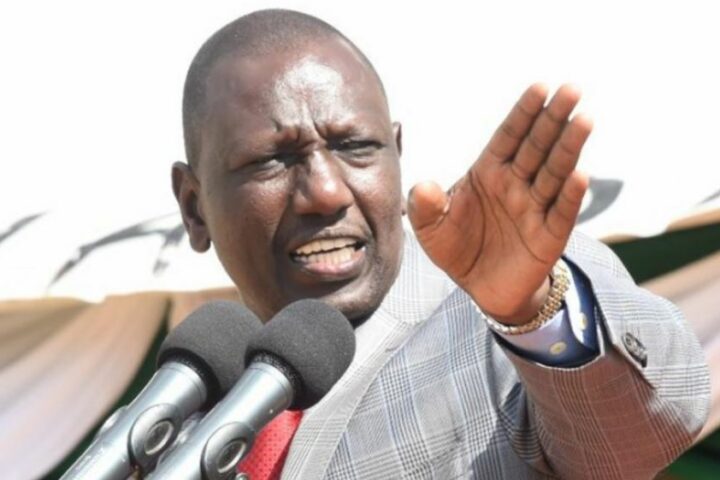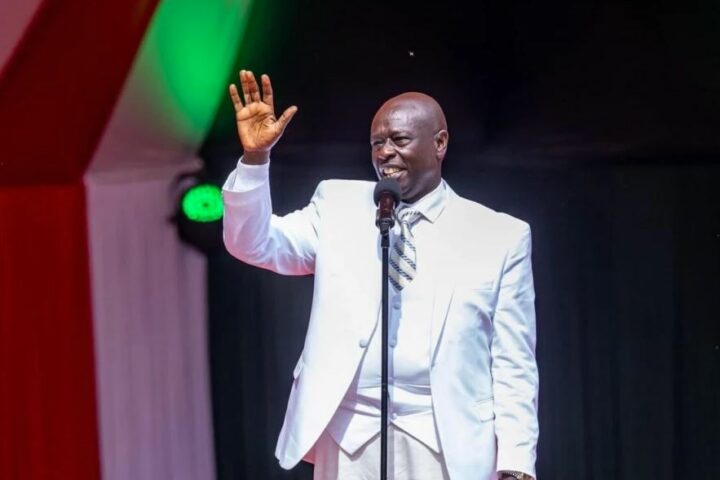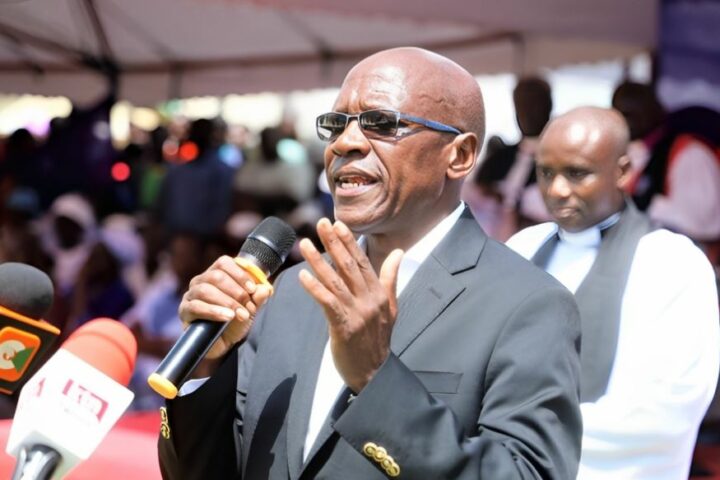 Following up on his proposal for rural urbanization, ODM leader Raila Odinga has now put forward a raft of ideas for the industrialisation of Kenya.
Following up on his proposal for rural urbanization, ODM leader Raila Odinga has now put forward a raft of ideas for the industrialisation of Kenya.
In a statement on Sunday, July 18, the former Prime Minister proposed the establishment of a Human Resource body dedicated to identifying skilled youth, organising domestic skills competitions and sending the best to compete with the world.
This, he said, will see an increase in ‘made in Kenya’ products.
“The human resources development body will keep a data bank on the skilled youth, source support, including extending specific incentives to small and medium enterprises run by craftsmen and artisans, and ensure their passions become professions, industries and jobs for the nation,” Odinga explained.
“The body will establish a tradition of apprenticeship training to help skilled youth keep updating their skills in line with changing times.”
Read Raila Odinga’s full statement below.
****************************
My dear Kenyans. When did you last see a product with a label ‘Made In Kenya?
I have some ideas on how we can have many ‘Made In Kenya’ products on supermarket shelves and shops in a sustained manner that ensures homegrown industrialisation.
Nations that have done it started by paying attention to skilled labourers like mechanics, tailors, carpenters, hairdressers, cooks before graduating into other high-tech aspects of industrialisation.
Every two years since the 1950s, young people with exceptional skills have gathered in some city in some part of the world for World Skills Competition, otherwise known as “Skills Olympics.”
This competition is described as “the gold standard of skills excellence that inspires young competitors to reach new heights, helping them turn their passion into profession.
Nations whose youths have consistently taken the top medals in this competition have remained industrial powerhouses and thrived even in the worst economic times.
Developed nations like Japan, Canada, Germany, Korea have taken their youths to this competition to showcase skills beginning with basics as technicians, tailors, cooks, hairdressers, artisans, craftsmen.
They graduated to machinery and manufacturing, then to computing, information processing and IT. There are no shortcuts to development.
And when those young people’s ideas win medals, their countries take them up, support them and turn their passions into professions.
Back here, we have done little to identify the passions of our youth and close to nothing in turning those passions into professions.
We need to start sending our youths to the World Skills Competition. The 46th edition will be held in Shanghai, China in October next year.
Kenya’s youth need to be there. Identifying skilled youth need to be done the same way we select athletes and footballers to Olympics and other international competitions.
We need a permanent central Human Resources Development body dedicated to identifying skilled youths, organizing domestic skills competitions, picking the best performers, organizing training camps and sending them out to compete with the world at the “Skills Olympics.”
The body will keep data bank on the skilled youth, source support, including extending specific incentives to SMEs ran by craftsmen and artisans and ensure that their passions become professions, industries and jobs for the nation.
The body will source incentives for existing industries to extend rewards and scholarships to those with technical skills who want to continue perfecting them.
The body will establish a tradition of apprenticeship training to help skilled youth keep updating their skills in line with changing times.
As we keep data on and support skills, we must open pathways for a steady flow. We need to recreate and mainstream vocational high schools.
We need clear parallel education paths. Those who wish to proceed to university after high school should be allowed to do so. Those who want to proceed to vocational training should also be encouraged to do so.
In recent years, the Ministry of Education has made some good strides in promoting skills education. But there is little or no effort to channel those skills once students leave school.
The human resource body should deal with this. More importantly, we need a concerted campaign against the societal mindset that takes a dim view of skilled manual workers.
We need a massive campaign on how our society has traditionally defined success, what we, the parents expect of our children, and what we as individuals expect of ourselves.
We need to convince our people that academic papers are good and our children still need them.But we need to appreciate that societies that have placed equal emphasis on both knowledge and skills have done better.
We need to appreciate that the people who design and produce the fine suits and dresses, the handbags, the expensive watches, the elegant shoes, the fine music, the movies, the chairs and all the other things that we love and import are essentially artisans and skilled workers who chose to hone skills.
We still need professional degrees so that we can have doctors, lawyers or accountants, etc.
But with the high graduate unemployment or underemployment, with many corporations adopting technology to do the work humans used to do, a system that mixes skills and knowledge is the path to industrialisation, jobs and the future.
It would be great to see Kenyan youths at the Skills Olympics in Shanghai in October next year. Then we shall be on the path to seeing ‘Made In Kenya’ products on our shelves. We can work together towards this goal.
My dear Kenyans.
When did you last see a product with a label MADE IN KENYA?
I have some ideas on how we can have many MADE IN KENYA products in supermarket shelves and shops in a sustained manner that ensures home grown industrialization. pic.twitter.com/sF7IIHGzSR
— Raila Odinga (@RailaOdinga) July 18, 2021






